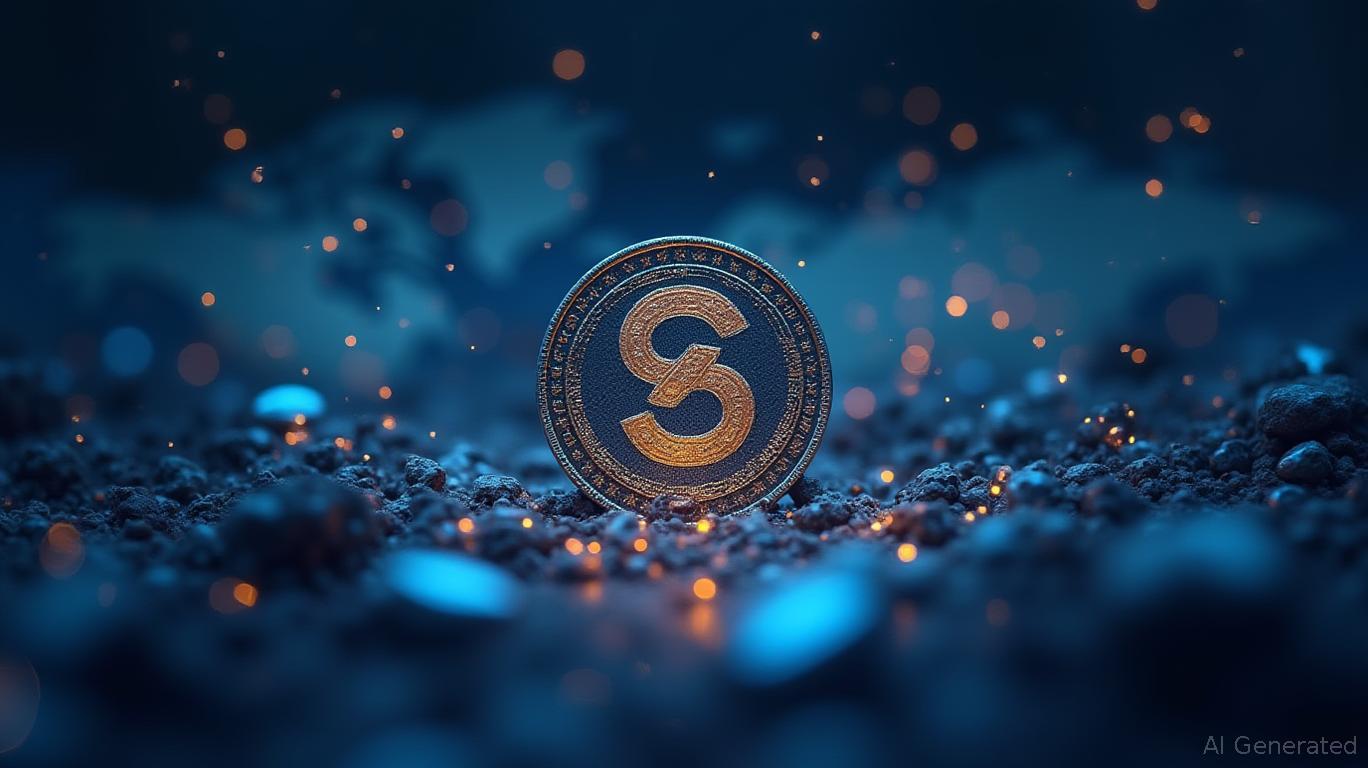Solana News Update: Companies Move Their Treasuries to Solana for Portfolio Diversification and Protection Against Inflation
- Reliance Global Group acquires 1M Solana tokens, expanding its digital asset holdings to include five top-10 cryptocurrencies. - Solana’s high transaction speed and institutional interest, driven by ETF launches and Fidelity’s trading access, boost its appeal as a hedge against inflation. - Growing corporate adoption, including Solana Company’s 2.3M SOL holdings and 7.03% staking yield, highlights its role in diversified treasury strategies. - Market dynamics like low fees, DeFi/NFT ecosystems, and regul
Reliance Global Group (NASDAQ: RELI) has taken a major step in the crypto sector by purchasing more than 1 million
This choice reflects a wider pattern among public companies adopting blockchain assets for their balance sheets. Solana’s unique combination of Proof-of-Stake and Proof-of-History consensus allows it to handle over 65,000 transactions per second, CoinJournal notes—a capability that has drawn interest from businesses and institutions. Reliance’s acquisition follows similar moves by other listed firms, indicating a trend where corporate treasuries turn to digital assets as a hedge against inflation and for long-term growth, the report said.

At the same time, institutional demand for Solana is on the rise. Solana Company (NASDAQ: HSDT), a public firm dedicated to Solana, disclosed that its holdings surpassed 2.3 million
Market trends are further boosting Solana’s institutional uptake. The recent introduction of several Solana ETFs, including those from Bitwise, Grayscale, and VanEck, has increased demand, according to
Fidelity’s latest move to enable Solana trading for both individual and institutional clients further validates the asset, according to
Solana’s technical strengths—such as minimal transaction fees, fast processing, and a rapidly expanding ecosystem for DeFi and NFTs—have made it a favored choice for institutional investors, CoinJournal reported. Still, experts warn that regulatory developments and competition will influence its future. With public companies collectively holding more than 15.7 million SOL valued at $3.18 billion, Solana’s presence in corporate treasuries is set to grow, the report concluded.
As the blockchain sector evolves, the strategies of Reliance and Solana Company illustrate the merging of corporate finance with decentralized technology. Continued institutional adoption, alongside regulatory progress, could establish Solana as a key component of digital treasury management in the years ahead.
Disclaimer: The content of this article solely reflects the author's opinion and does not represent the platform in any capacity. This article is not intended to serve as a reference for making investment decisions.
You may also like
From Early Ripple (XRP) Days to Emerging GeeFi (GEE), Why Analysts Are Eyeing Over 3000% ROI Returns

Netflix doubles down on video podcasts with iHeartMedia deal